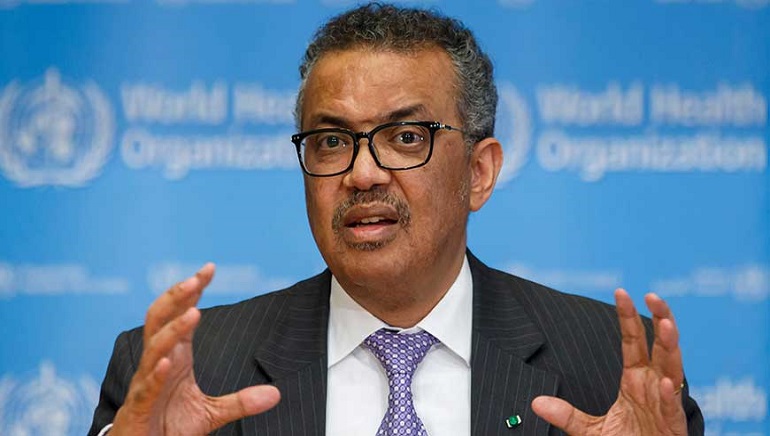Finding the origin of the deadly COVID-19 virus is a moral imperative and all hypotheses must be explored, insisted the World Health Organization Head, affirming that the United Nations’ body is committed to finding how the virus occurred.
“Understanding #COVID19’s origins and exploring all hypotheses remains: a scientific imperative, to help us prevent future outbreaks (and) a moral imperative, for the sake of the millions of people who died and those who live with #LongCOVID,” tweeted WHO Director-General Tedros Adhanom Ghebreyesus on March 12, marking three years since the world health body began using the word “pandemic” to describe the outbreak of COVID-19.
Earlier, a US agency assessed that the COVID-19 pandemic had likely been caused by an unintended Chinese laboratory leak, which built pressure on the world health body to look into the origins. However, China denied the assessment. Last weekend, activists, politicians and academics in an open letter said that the focus of the anniversary should be on preventing a repeat of the unequal COVID-19 vaccine rollout.
In 2021, a WHO-led team spent weeks in and around Wuhan in China where the first human cases were reported. The team said in a joint report that the virus had probably been transmitted from bats to humans through another animal, but called for further research.















